Five years after the United Kingdom's formal departure from the European Union, the complex realities of post-Brexit cross-border relations continue to unfold. What was once imagined as a clean break has instead revealed itself to be an ongoing negotiation, with consequences rippling across trade, travel, and daily life for citizens on both sides of the English Channel.
The initial transition period ended with more questions than answers. While the Trade and Cooperation Agreement established in December 2020 prevented catastrophic economic disruption, it created new layers of bureaucracy that neither businesses nor individuals were fully prepared to navigate. The promised "frictionless trade" vanished overnight, replaced by customs declarations, rules of origin paperwork, and unexpected delays at ports.
Small and medium-sized enterprises have borne the brunt of these changes. Where multinational corporations could afford dedicated compliance teams, family-run businesses suddenly found themselves drowning in red tape. The fishing industry, held up as a Brexit success story during negotiations, soon discovered that export delays made their perishable goods uncompetitive in European markets. Many have been forced to abandon EU trade altogether.
For individuals, the right to live and work across borders - once taken for granted - has become conditional. British expats residing in EU countries faced tight deadlines to secure residency status, with procedures varying confusingly between member states. Young people lost the automatic right to study abroad through Erasmus exchanges, replaced by a weaker UK alternative program that many universities have struggled to implement.
The Northern Ireland Protocol remains the most visible flashpoint in ongoing tensions. Designed to prevent a hard border on the island of Ireland, the arrangement instead created economic barriers between Northern Ireland and mainland Britain. While the Windsor Framework has eased some practical difficulties, unionist communities continue to view the situation as an unacceptable compromise of UK sovereignty. The delicate balance of the Good Friday Agreement hangs in the balance as political institutions in Stormont remain unstable.
Security cooperation presents another area where divorce has come at a cost. The UK no longer has direct access to the Schengen Information System, making it harder to track criminals and terrorists moving between jurisdictions. Extradition processes have slowed considerably without the European Arrest Warrant framework. Police forces on both sides report spending more time on bureaucratic hurdles than actual investigative work.
Scientific collaboration tells a particularly disappointing story. UK researchers have been excluded from Horizon Europe projects, losing access to critical funding networks and pan-European datasets. While a belated association agreement was reached in 2023, many research teams had already disbanded or relocated to EU institutions. The brain drain continues as talented academics seek more stable environments for their work.
Travel between the UK and EU has become noticeably more complicated. British passport holders now face passport checks where none existed before, with stricter scrutiny at EU borders. The days of spontaneous weekend trips to Paris or Barcelona have given way to careful planning around visa requirements and passport validity rules. Tour operators report decreased interest in cross-Channel travel compared to pre-Brexit levels.
Financial services, once a crown jewel of the UK economy, have seen steady erosion. Over 7,500 financial jobs and £1.3 trillion in assets have relocated from London to EU cities since 2016. The lack of mutual recognition means UK-based firms must now establish EU subsidiaries to serve continental clients. The City remains globally significant but has unquestionably lost its privileged position as Europe's financial capital.
Environmental policy has emerged as an unexpected battleground. The UK's departure from EU monitoring systems has made pollution tracking more difficult, particularly for rivers that cross international boundaries. Fishing quotas remain contentious, with French and British vessels clashing over access to waters around Jersey. Climate change initiatives have suffered from the lack of coordinated targets between the UK and its nearest neighbors.
Cultural exchange has diminished in subtle but profound ways. British musicians now require carnets to tour in Europe, adding thousands in costs for emerging artists. Art exhibitions face new insurance complications when crossing borders. Even the simple act of sending gifts to family members in the EU has become fraught with customs forms and unexpected charges.
The human cost of these changes often gets lost in political debates. Families divided by the Channel now weigh the practicalities of visits against mounting expenses and paperwork. Elderly British retirees in Spain worry about access to healthcare as their EHIC cards expire. Cross-border romances that once flourished under freedom of movement now navigate complex visa requirements.
Looking ahead, the relationship continues to evolve through countless small adjustments rather than grand resolutions. The UK's decision to indefinitely delay implementation of full border checks on EU goods suggests an acknowledgment of economic realities. Meanwhile, Brussels maintains firm red lines while showing occasional flexibility on technical details. Both sides seem to recognize that complete separation is neither possible nor desirable between such interconnected neighbors.
What remains clear is that Brexit wasn't an event but a process - one that will shape UK-EU relations for decades to come. The full consequences continue to reveal themselves gradually, like a ship slowly changing course in heavy seas. For businesses and citizens caught in this transition, adaptation has become the only constant in a landscape where the rules keep shifting.
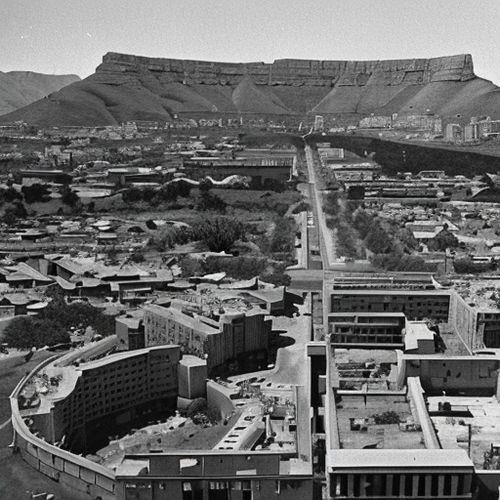
By Eric Ward/Apr 19, 2025
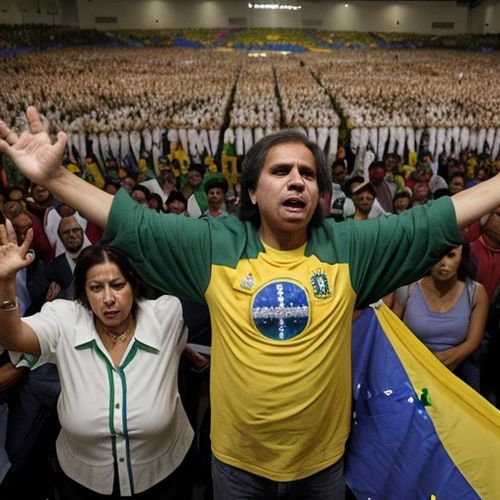
By James Moore/Apr 19, 2025

By Daniel Scott/Apr 19, 2025

By George Bailey/Apr 19, 2025
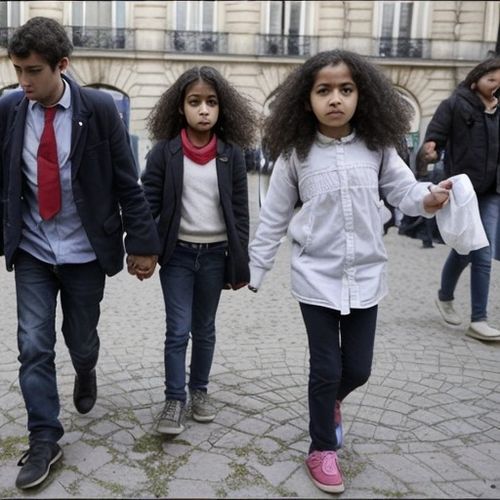
By Amanda Phillips/Apr 19, 2025

By Amanda Phillips/Apr 19, 2025
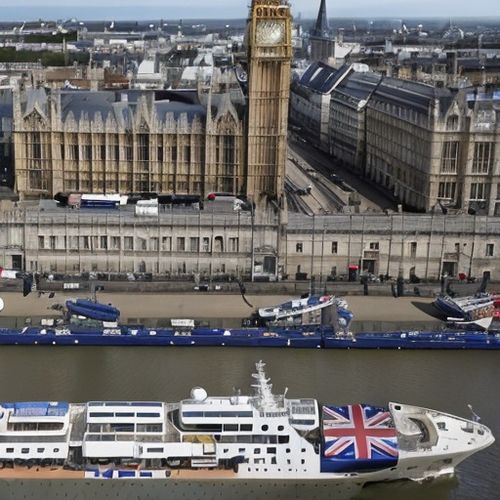
By Joshua Howard/Apr 19, 2025
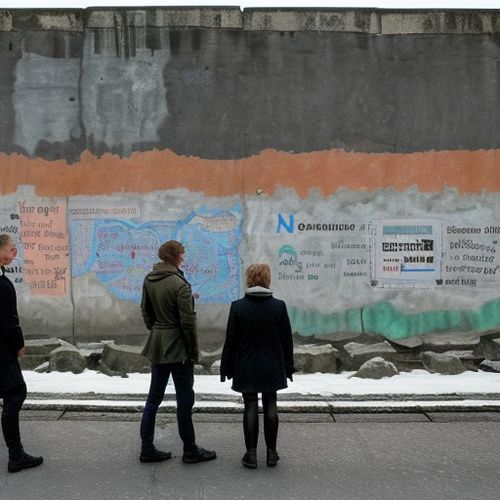
By Thomas Roberts/Apr 19, 2025

By Thomas Roberts/Apr 19, 2025

By Noah Bell/Apr 19, 2025
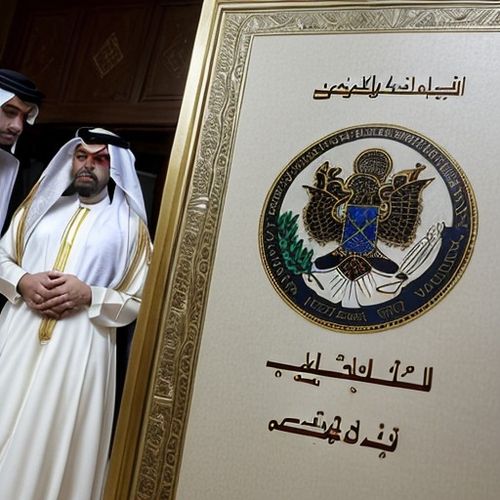
By James Moore/Apr 19, 2025
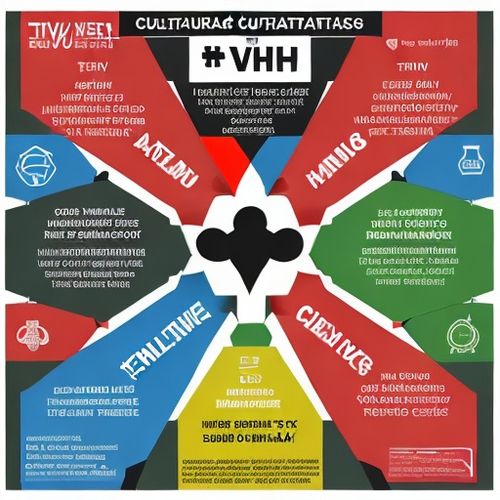
By Rebecca Stewart/Apr 19, 2025
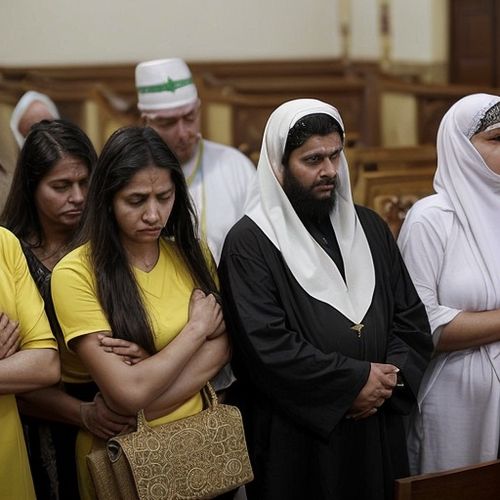
By Noah Bell/Apr 19, 2025

By Elizabeth Taylor/Apr 19, 2025
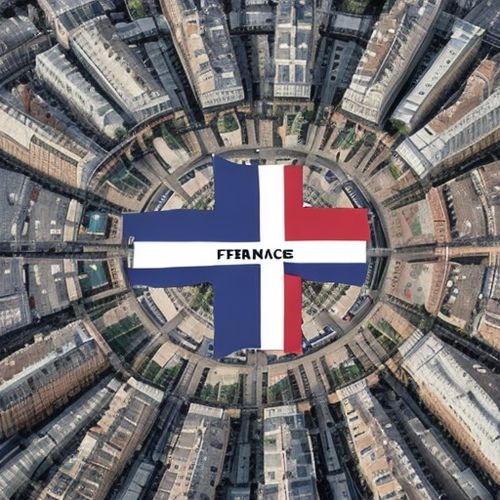
By Benjamin Evans/Apr 19, 2025
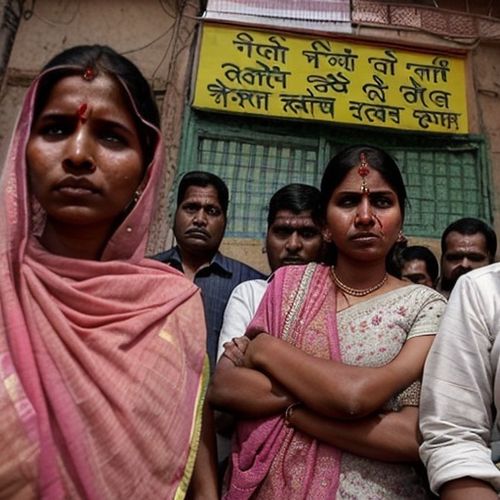
By Laura Wilson/Apr 19, 2025
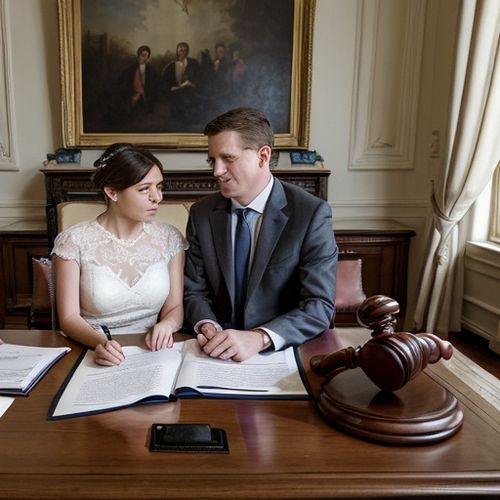
By Victoria Gonzalez/Apr 19, 2025

By Laura Wilson/Apr 19, 2025

By Laura Wilson/Apr 19, 2025

By Sophia Lewis/Apr 19, 2025